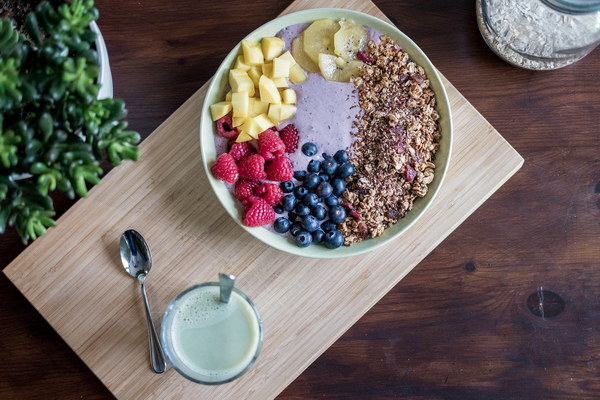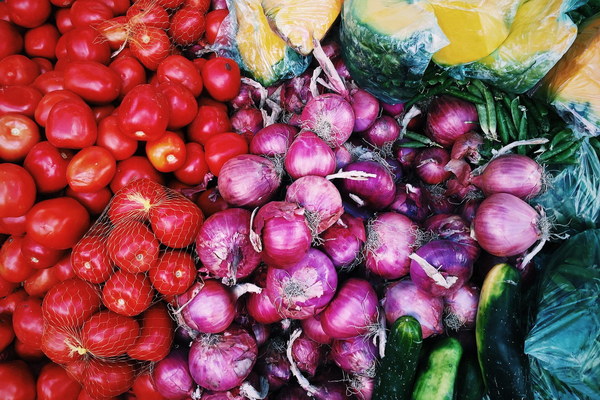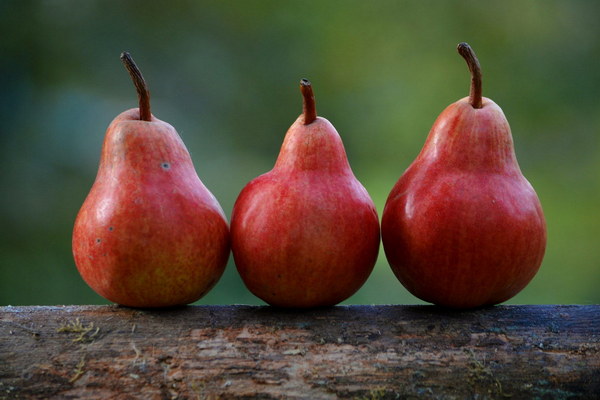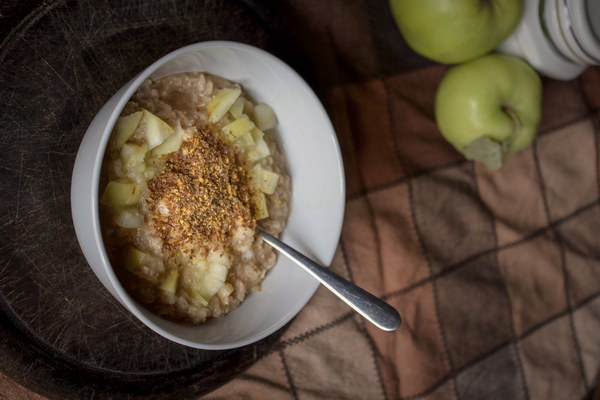Best Tea for Nourishing the Spleen and Relieving Food Stagnation
Best Tea for Nourishing the Spleen and Relieving Food Stagnation
In the realm of traditional Chinese medicine, the concept of balancing the body's internal systems is paramount, and one of the key principles is the nourishment of the spleen. The spleen plays a crucial role in digestion and the absorption of nutrients, and when it's not functioning optimally, it can lead to issues such as bloating, indigestion, and food stagnation. To support spleen health and alleviate symptoms of food stagnation, the right herbal tea can be a natural and effective remedy. Here, we explore the best teas for nourishing the spleen and aiding digestion.
Green Tea: A Classic Choice
Green tea, with its rich history in traditional Chinese medicine, is a staple for those looking to improve their digestive health. It contains compounds that can help stimulate the metabolism, improve digestion, and reduce bloating. The high content of polyphenols, particularly epigallocatechin gallate (EGCG), has been shown to have anti-inflammatory properties that can support a healthy spleen.
Chamomile Tea: Soothing and Calming
Chamomile tea is well-known for its calming effects on the mind and body. In terms of digestion, chamomile's anti-inflammatory and antispasmodic properties can help soothe an irritated stomach and ease symptoms of food stagnation. It's especially beneficial for those who experience stomach cramps or discomfort after eating.
Peppermint Tea: Cooling and Soothing
Peppermint tea is another excellent choice for digestion. Its menthol content helps to relax the muscles of the gastrointestinal tract, which can reduce bloating and relieve pain associated with food stagnation. Peppermint is also known for its ability to stimulate bile production, which aids in the breakdown of fats.
Ginger Tea: Warming and Invigorating
Ginger is a powerful herb that has been used for centuries to aid digestion. Its warming properties can help stimulate the digestive juices and improve the flow of bile. Ginger tea is particularly beneficial for those who suffer from cold stomachs or those who experience nausea or indigestion after meals.
Chrysanthemum Tea: Refreshing and Soothing
Chrysanthemum tea is not only refreshing but also has cooling properties that can help alleviate heat in the body, which can contribute to digestive issues. It's often used in traditional Chinese medicine to support liver health, which is closely linked to spleen function.
White Peony Tea: Gentle and Nourishing
White peony tea is known for its gentle, soothing properties. It's often used to nourish the body and support digestive health. The tea is believed to have a calming effect on the stomach, which can help reduce symptoms of food stagnation and promote a healthy digestive system.
How to Prepare and Enjoy Your Tea for Spleen Health
When preparing these teas, it's important to use fresh, high-quality herbs. Here's a basic guide on how to make a soothing cup of tea for spleen health:
1. Boil water and let it cool slightly to around 160°F (70°C).
2. Place a teaspoon of dried herbs in a teapot or cup.
3. Pour the hot water over the herbs and let them steep for 3-5 minutes, depending on the strength you prefer.
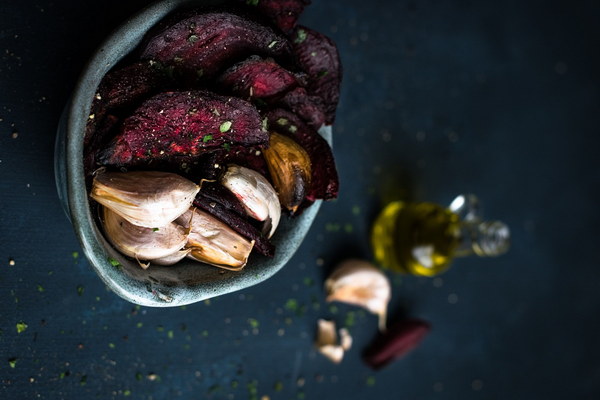
4. Strain the herbs and enjoy the tea warm.
Remember, while herbal teas can be a great complement to a healthy diet and lifestyle, they should not replace medical treatment for serious digestive disorders. If you have chronic or severe digestive issues, it's best to consult with a healthcare professional.
Incorporating these teas into your daily routine can help support your spleen health and improve your overall digestion. Whether you're looking to prevent food stagnation or alleviate existing symptoms, these natural remedies can be a flavorful and effective way to maintain a healthy digestive system.
